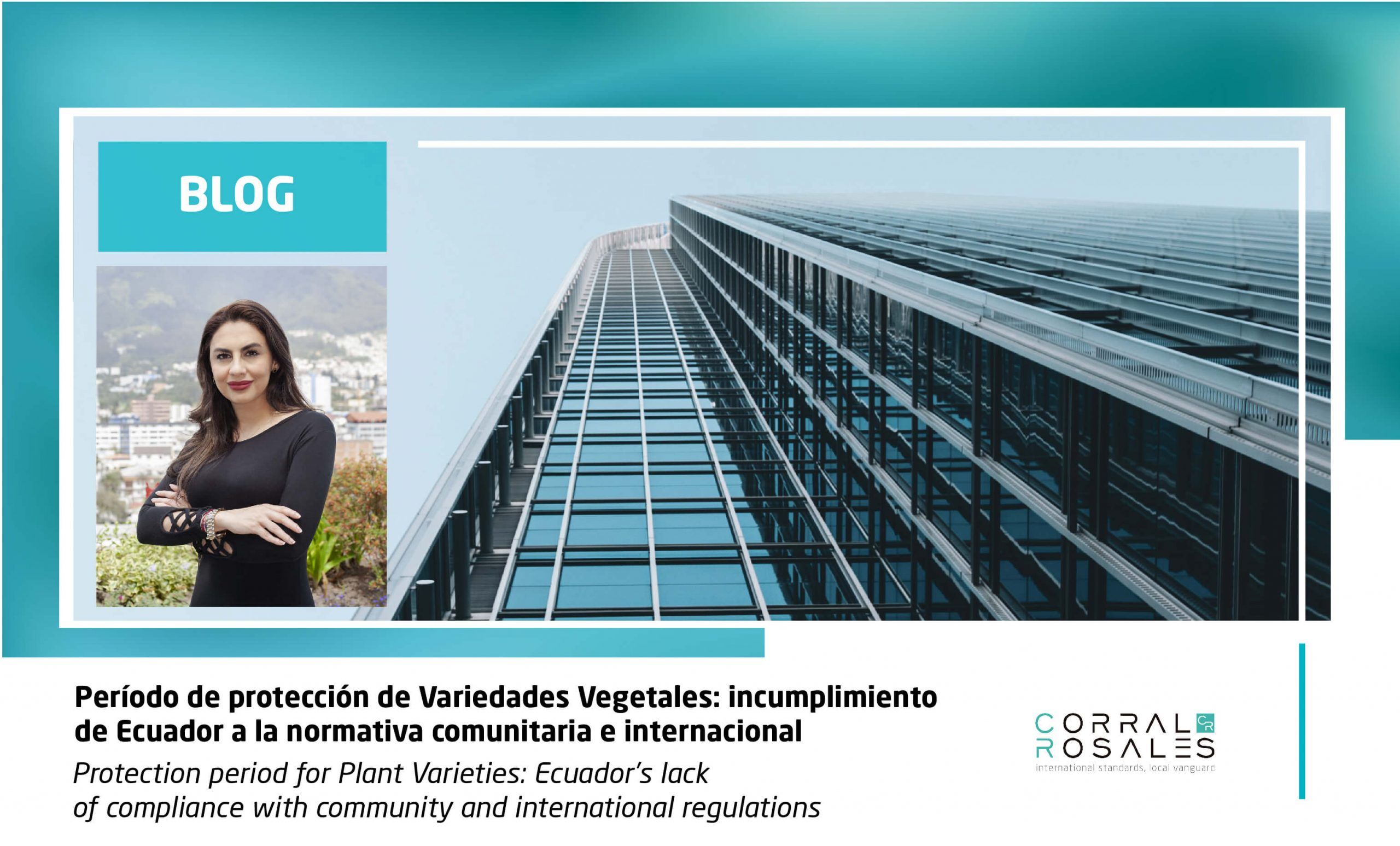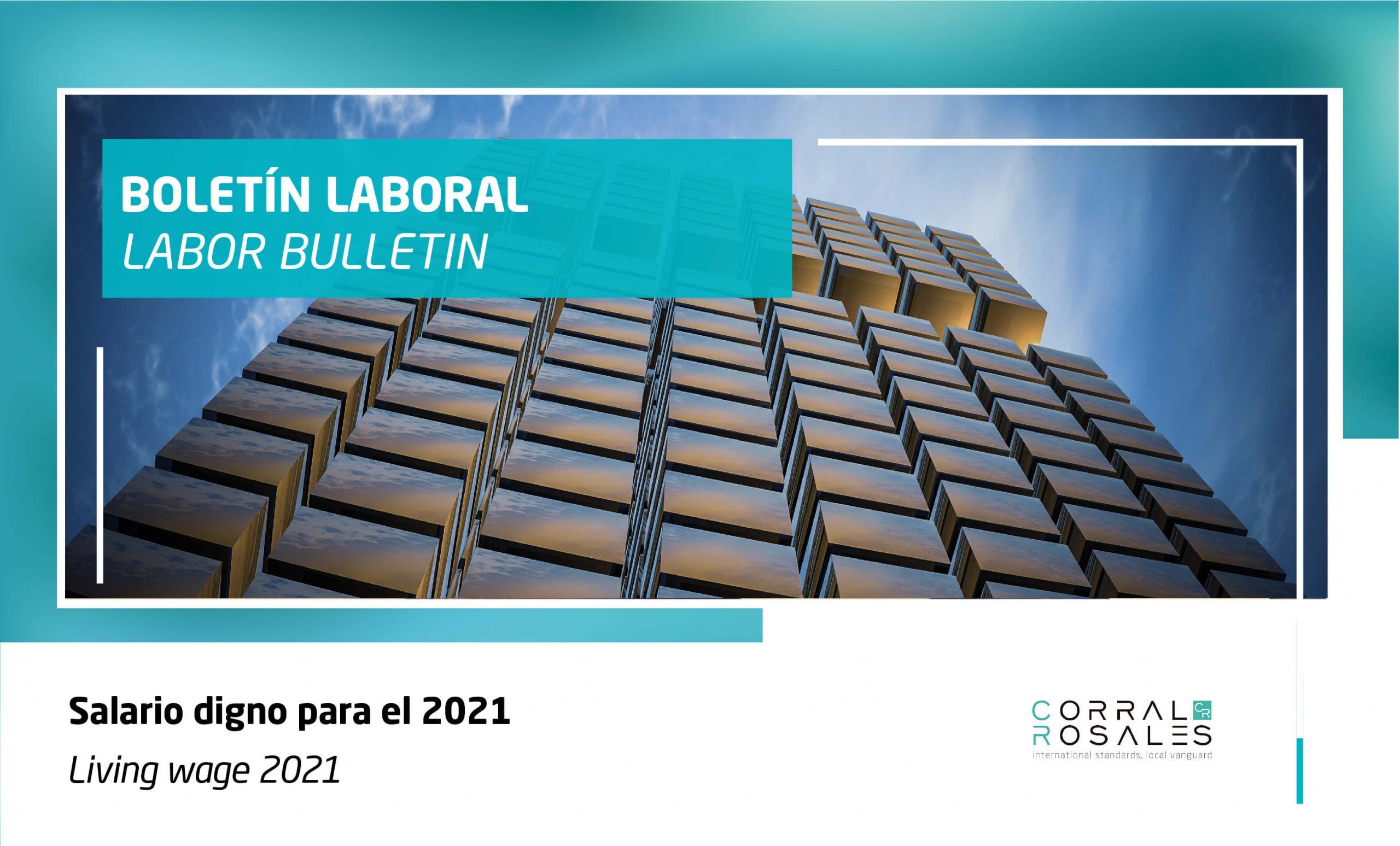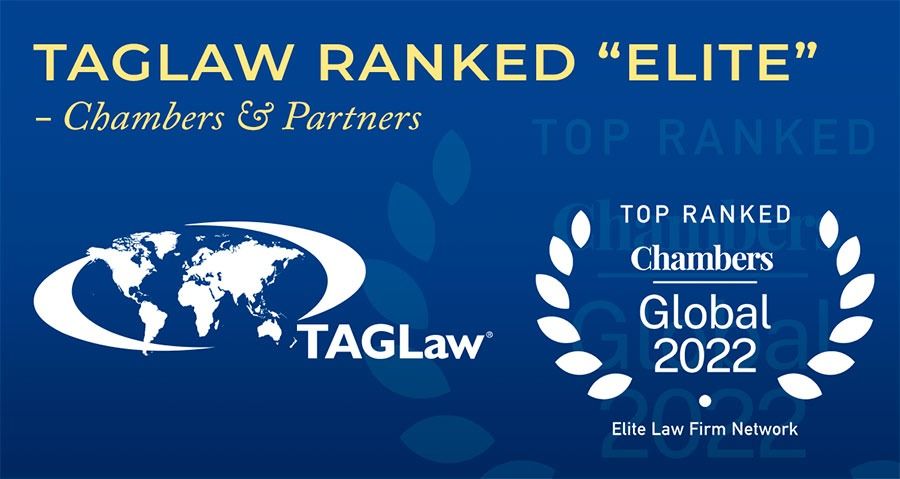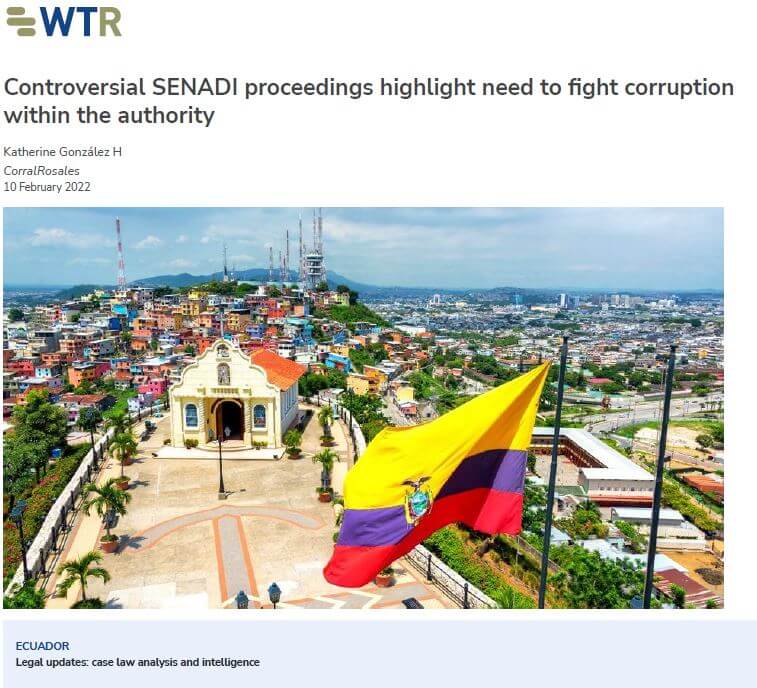The National Intellectual Rights Service (hereinafter, “SENADI”), when deciding an opposition against the application for the mark DASH in class 11, considered that the applied-for mark was unregistrable since there was a risk of confusion for consumers due to the prior existence of the opposing party’s trademark DASH in Class 09.
SENADI also considered that attempting to register a mark identical to another that is already on the market could be considered an act of unfair competition. This argument is usually rejected in most cases, so its acceptance in in this case is a rare event and undoubtedly will serve as a reference for future cases.
Background:
On November 19, 2019, a natural person applied for the mark “DASH” intended to protect goods in international class No. 11, specifically: “Apparatus for lighting, heating, steam generating, cooking, refrigerating, drying, ventilating, water supply and sanitary purposes [1].”
PA-CO COMERCIAL E INDUSTRIAL S.A. filed an opposition based on trademark “DASH”, to protect the following goods in Class 09: “scientific, nautical, surveying, photographic, cinematographic, optical, weighing, measuring, signalling, control (inspection), life-saving and teaching apparatus and instruments; Apparatus for conducting, distributing, transforming, accumulating, regulating or controlling electricity; apparatus for recording, transmission, reproduction of sound or images; magnetic record carriers, recording discs; automatic vending machines and mechanisms for prepaid apparatus; cash registers, calculating machines, data processing equipment and computers; fire extinguishers.” The opposing party also argued the applicant’s unfair competition.
On July 10, 2020, the applicant answered the opposition, which was added to the file on January 31, 2022.
Case resolution:
Through Resolution No. 2000009, issued on February 15, 2022, SENADI accepted the opposition filed, rejecting the registration of the applied-for mark. In the aforementioned resolution, SENADI considered that that the conflicting marks were identical as well as acknowledged the relationship between the conflicting classes. Therefore, it concluded that there was a risk of confusion or association for consumers, who could assume that the goods are related or have the same business origin.
Regarding the registrability of trademarks, Decision 486 of the Andean Community establishes that:
“Those signs whose use in commerce unduly affects a third party’s right may not be registered as trademarks, in particular when:
a) are identical or similar to a trademark previously applied for registration or registered by a third party, for the same products or services, or for products or services in respect of which the use of the trademark may cause a risk of confusion or association[2]; (…)”
When deciding the opposition, SENADI ruled on the argument of unfair competition -an uncommon fact – in the following terms:
“Given the above, it could be considered as an act of unfair competition, the fact that it is intended to register a mark that is identical to a trademark that is in the market, generating confusion among consumers, which is precisely what intellectual property should avoid.”
In this regard, Decision 486 of the Andean Community rules that:
“When the competent national office has reasonable indications that allow it to infer that a registration had been filed to perpetrate, facilitate, or consolidate an act of unfair competition, it may deny said registration.[3]; (…)”
With this decision, SENADI has taken a very positive step in the analysis of intellectual property matters, leaving aside purely formal aspects, by analyzing complex situations, protecting not only trademarks owners but also consumers.
[1] Proceeding No. SENADI-2019-82640.
[2] Article 136 of the Decision 486 of the Andean Community.
[3] Article 137 of the Decision 486 of the Andean Community.
Katherine González
Associate at CorralRosales
katherine@corralrosales.com














